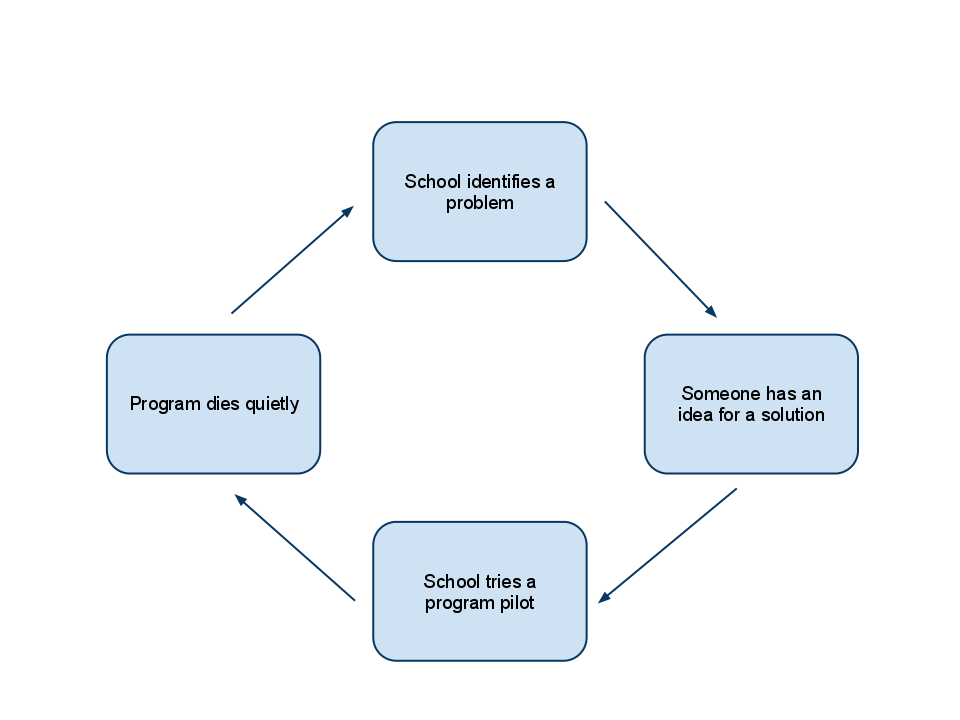We had a silly ceremony when I was in first grade. It was called "the first grade graduation ceremony." We all stood around and our families all came out and we celebrated our graduation from first grade. We were even given little certificates to hold onto to remind us of the experience. I have no idea if my mom still has mine, but I doubt it.
We stood in line and each name, except one, was called. I still remember the look on my friend’s face when his name wasn’t called. When they should have called his name, he twitched a little, like he was expecting to be called. His face changed and a look I had never seen before on another person’s face came over him. That look on his face told me that he understood what had happened and felt a deep sense of shame he didn’t know how to handle. I didn’t know what it meant then, but later in life, I learned it well (but that’s another story).
When I think of that moment, I have a weird discomfort that follows and I remember thinking at the time, why isn’t he graduating? My friend wasn’t graduating because he’d been retained. He’d been held back another year. He had attempted first grade, and been found wanting.
The fact that I still remember this moment, from nearly 30 years ago so vividly should tell you something. The moments that we think kids will get over and forget about are actually the ones that kids remember most. If it would be a painful memorable experience for an adult, it’s a painful memorable experience for a kid. We can’t absolve ourselves of guilt simply by thinking that we aren’t doing permenant harm to these children. We are.
The research on retention, as I understand it, is quite clear. "[T]he cumulative evidence does not support the use of grade retention as an intervention for academic achievement."
If grade retention is so bad, why are schools still doing it? Doesn’t anyone read education research before they enact these kinds of policies in schools?
